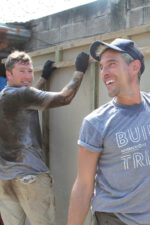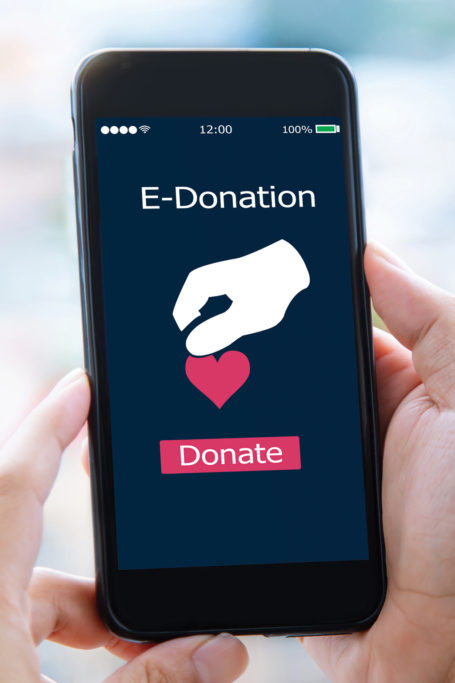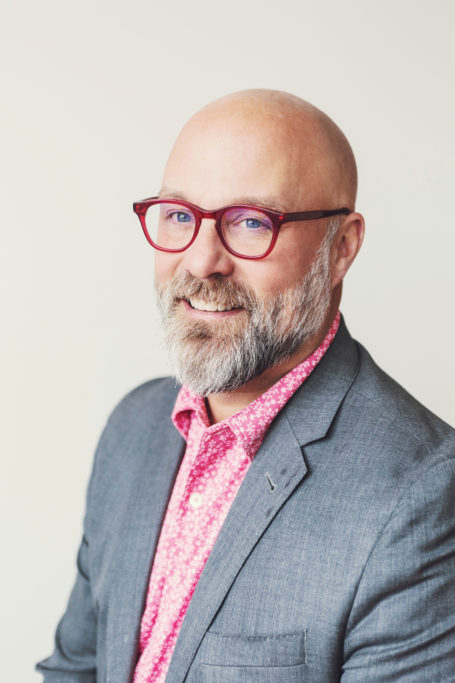Give Back to Get Back
Interview with Debbie Sardone
Photos by Cleaning For A Reason
Debbie Sardone started a cleaning business from the trunk of her car and turned it into one of the largest in the country; its nonprofit offshoot, Cleaning for a Reason, cleans the homes of cancer patients.
Here Sardone discusses why giving back is smart business.
You were already a successful entrepreneur. What inspired you to start a nonprofit?
It began as a company policy of my residential cleaning business, Buckets & Bows Maid Service. Around twenty years ago, I was answering phones in my office, and a woman called wanting a quote for cleaning her home. Of course, I told her about our services and prices, and she replied, “I can’t really afford that now. I’m not working. I’m going through chemotherapy and radiation.” Then she cordially hung up. I remember how that made me feel like it was yesterday. I just sat there and stared at my phone, wondering why I didn’t give her the cleaning for free. It’s not that I didn’t care or couldn’t do it. The thought just hadn’t crossed my mind. I met with my staff that same day and told them if this ever happened again, offer the service for free. It was to be a new, immediate company policy, and I didn’t even need to be there to OK it—just do it.
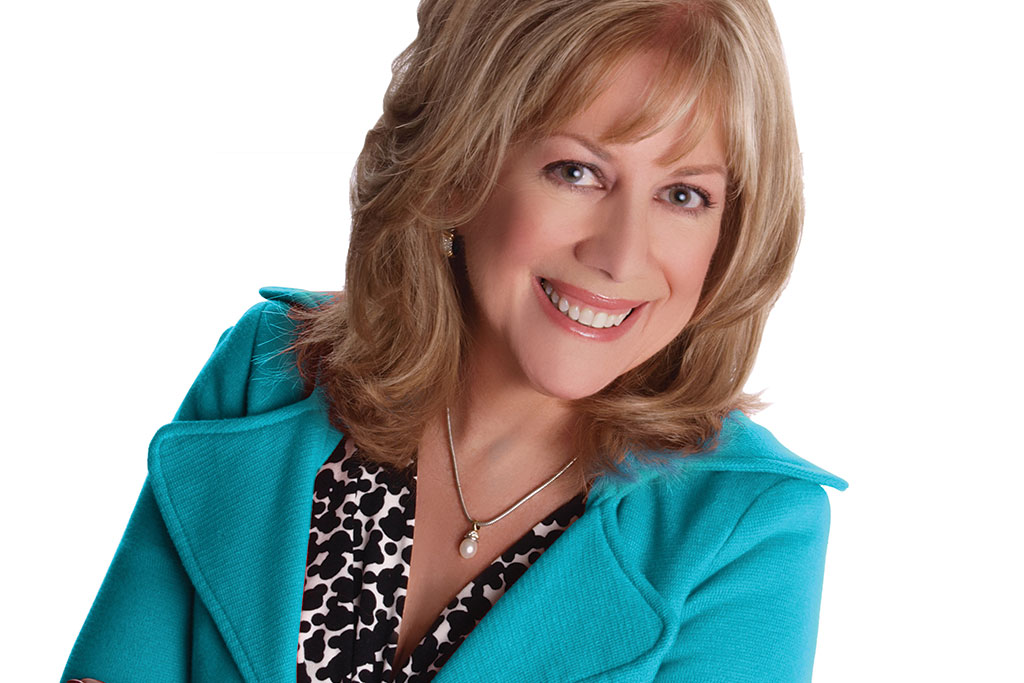
How did that policy become Cleaning for a Reason?
We became more proactive about finding people we could give our services away to. And as I shared what we were doing with other cleaning-business owners, they responded. So many told me that they wanted to do the same thing in their community but didn’t know how to find cancer patients and screen them. I realized I had to turn this into a national nonprofit, which I did in 2006.
I was amazed by how quickly people joined. Seventeen years later, we years later, we have over 1,200 cleaning companies throughout the United States and Canada serving patients in their local communities, and we’ve helped over 50,000 families, 100 percent free, with no strings attached. That’s the equivalent of $16 million in donated cleaning.
What have you learned from the experience?
When I rolled out my nonprofit in 2006, I began to evolve as a business owner. I got more sophisticated and understood that giving back—which I had already been doing for several years by that time—should not be a company’s best-kept secret. As I began to speak with and train other cleaning-company business owners on how to grow, I realized that many of us do good behind the scenes but don’t have a give-back program to formally make a difference and use business for good. It was a lightbulb moment.
Why do you think business owners keep charitable work a secret?
I believe it’s because we have a hard time separating personal and corporate. When you give on a personal level, you’re supposed to be discreet so you don’t call attention to yourself. But that does not transfer to the corporate world. When you give as a company, you should do so publicly because it lets other people know you’re available to help them. It also puts pressure on your peers to step it up and learn how to use their resources to help others. It’s not as hard as you think to get involved in a give-back program, and it’s such an easy win for a business.
What challenges exist in starting a nonprofit?
Securing funds is the most difficult challenge for any new nonprofit, which is why most don’t make it. We’ve always struggled with raising enough money to be able to keep saying yes to people who want our help; unfortunately, the demand is constantly greater than the supply. Plus, business owners tend to be spent. Because we find ourselves putting out fires and living in survival mode so often, it’s hard to dedicate time and energy to starting a nonprofit. But it’s so worth it because of the lives you impact. In addition, pushing your effort out there consistently makes your customer base and prospect base aware that you do more than just sell—you’re also interested in giving back to your community. It’s also a very indirect way of marketing: people, including your peers, will share your charitable efforts with others and give you marketing exposure. That’s why I call it “cause marketing.” Studies have shown that when you compare two identical businesses, around 80 percent of consumers will choose the business that’s giving back. And that’s what happened to us: as I began to give more, my business became more recognized and more in demand. We became the only option—not just an option—in our community.
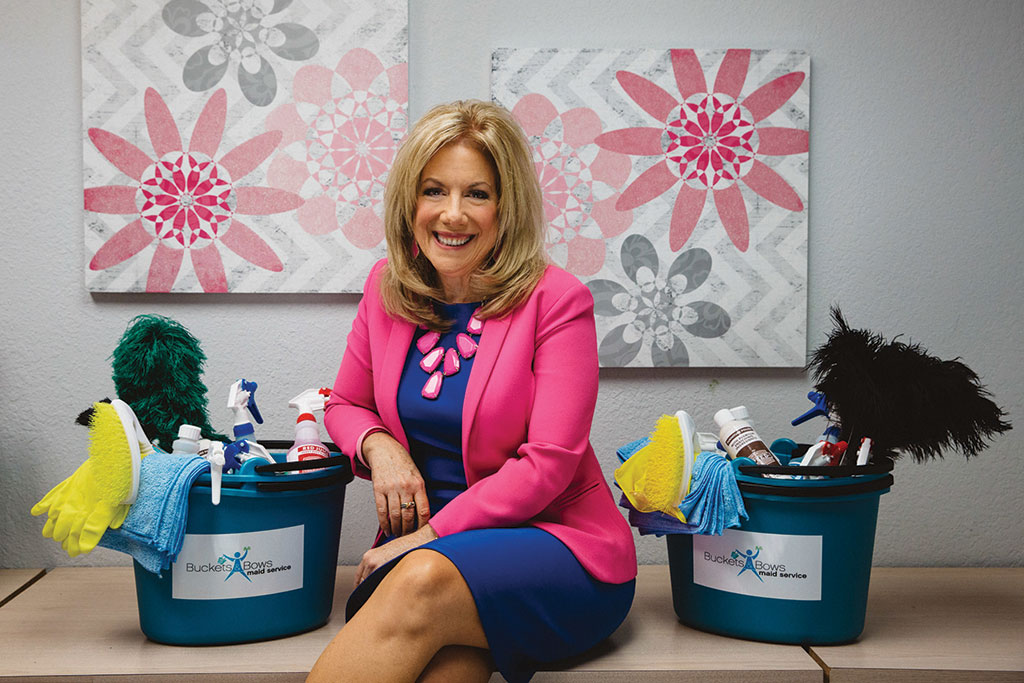
You choose to now focus your time primarily on Cleaning for a Reason. Why?
People think that when they give back, it’s going to cost them something. I had no idea that when I did, it would come back tenfold every time. So I’m now in the “impact stage” of my career, where I choose to spend my days impacting the world the way I want to rather than being beholden to the day-to-day crises, the feast and famine, and the struggle to survive. I truly believe this opportunity is tied to the abundance way of doing business instead of the old scarcity way. When I was struggling for many years, my thinking was “I’ll give back when I can afford it.” The tables turned when I said I’d give back because it’s who I am, regardless of my struggles or worries. When you begin to think abundantly, every challenge or setback becomes a fantastic learning experience rather than a crushing defeat. Once I switched my focus as a business owner to giving and serving, guess what happened? I began to give more and serve my customers and employees. Then my employees also wanted to give and serve more, and customers wanted to give and serve more by telling everybody about me. So I challenge every entrepreneur out there to find a cause that genuinely means something to them. If you want to go from survival mode to “thrival” mode, one piece of that puzzle is finding ways to give back.
In your opinion, what helps and hurts an entrepreneur’s success the most?
There’s only one barrier to an entrepreneur’s success, and that’s right here. [Points to her head.] Our mindset can be one of our greatest barriers. I never went to college—in fact, I barely made it out of high school. So I always tell people that if I can succeed in business, they can too. And that’s not me trying to be self-deprecating. I truly mean that. I started my cleaning business out of the trunk of my car, and now it’s in the top 1 percent overall of all business start-ups in the nation. How is that possible for a kid from Miami who struggled in high school, didn’t attend college, and knew nothing about business? The answer is simple: I’ve embarked on a lifelong journey of falling in love with learning For example, back in the early days of my business, when I started running into brick walls and hitting glass ceilings, it had nothing to do with me being female or coming from the wrong side of the tracks. They were self-imposed. My success happened because I started reading everything I could and began consuming as much knowledge as possible from other people who were where I wanted to be in business and in life.
You now mentor other business owners. What does that mean to you personally and professionally?
I’ve found that teaching is one of the most valuable ways to improve your own skills. The more I’ve taught business owners over the past seventeen years, the more I’ve had to study. You have to stay ten steps ahead of the people who need you. If you have some advanced-level skills, mentor someone below you. You will get actually get better at business yourself and have so much fun. Plus, there’s no better feeling in the world than helping somebody reach their goals.
Do cleaning-industry employees always feel like they’re cleaning for a reason?
The way I used to do business when my company was broken? Absolutely not. They couldn’t get out of there fast enough. Most took the job because they were desperate, stayed as long as they could stand it, and left within three to nine months. I had to learn, through many years of hardships and mistakes, that to build a company people love to stay at, you must give back and allow them to do so as well. Now we have a business where employees know they matter and make a difference. They know that they are truly essential workers for the families whose homes we clean through Buckets & Bows and especially for the cancer patients we help through Cleaning for a Reason. In fact, our cleaning companies, which are all independent, have continued serving cancer patients during the pandemic knowing that they are immunocompromised and need help now more than ever. I am proud to see how they have stepped up. People always ask about the secret of our success. It’s making our employees our number one customer in our business. So many cleaning business owners focus on their customers out of survival, but I teach them to focus on their employees instead. If you abundantly take care of your employees, they will abundantly take care of your customers. That giving approach applies to any industry—use it, and you’ll always win.

